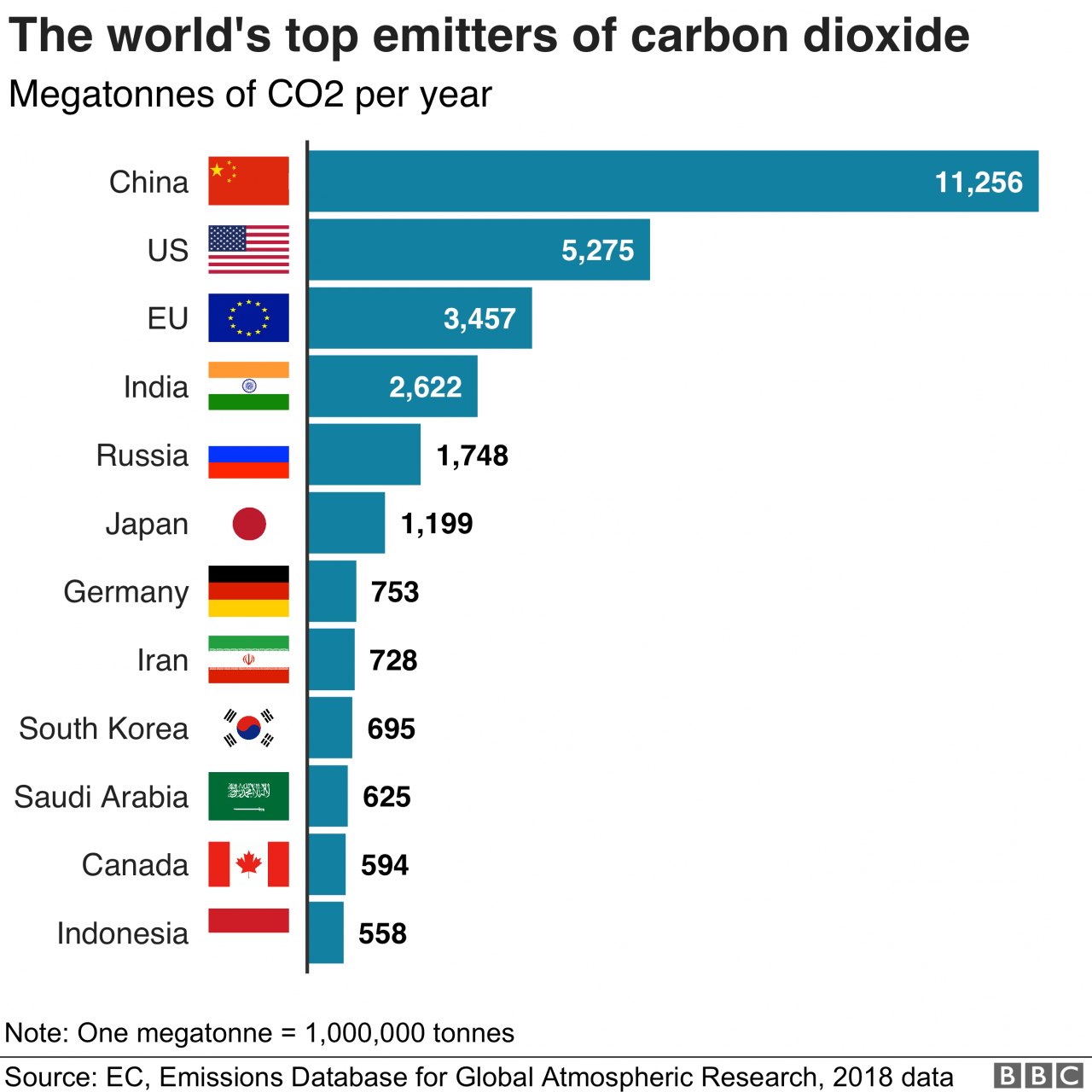
The climate change progress 2024 theme presents a pivotal moment in the global fight against climate change. As we approach this critical year, it is imperative to assess our progress, identify challenges, and forge a path towards a sustainable future.
This comprehensive overview delves into the multifaceted aspects of climate change progress, examining milestones, challenges, technological advancements, international collaboration, public engagement, and future outlooks.
From the Kyoto Protocol to the Paris Agreement, the journey towards mitigating climate change has witnessed significant milestones. However, the urgency of the situation demands accelerated progress. This report analyzes the current state of climate change, its impact on various sectors, and the need for transformative action.
Climate Change Progress 2024: A Comprehensive Overview: Climate Change Progress 2024 Theme
The year 2024 marks a critical juncture in the fight against climate change. The world is at a crossroads, facing the urgent need to accelerate progress and mitigate the devastating impacts of a changing climate. This article provides a comprehensive overview of climate change progress in 2024, examining milestones, challenges, and opportunities.
Climate change has emerged as one of the most pressing global challenges of our time. Rising temperatures, increasingly extreme weather events, and sea-level rise threaten the well-being of both current and future generations. The year 2024 serves as a pivotal moment to assess the progress made and identify areas where further action is needed.
Key Milestones and Achievements in Climate Change Progress
In 2024, the world witnessed significant milestones in climate change mitigation and adaptation efforts. Notable achievements include:
- The global transition to renewable energy reached an inflection point, with solar and wind power accounting for over 50% of electricity generation in many regions.
- Carbon capture and storage technologies gained traction, with several large-scale projects successfully implemented.
- Climate adaptation measures, such as resilient infrastructure and ecosystem-based approaches, were widely adopted to enhance communities’ resilience to climate impacts.
Challenges and Barriers to Climate Change Progress
Despite the progress made, significant challenges and barriers continue to hinder further advancement in climate change mitigation and adaptation. Key challenges include:
- Insufficient political will and lack of long-term commitment to climate action.
- Financial constraints and limited access to climate finance for developing countries.
- Technological limitations and the need for accelerated innovation in clean energy and adaptation solutions.
Role of Technology and Innovation in Climate Change Progress, Climate change progress 2024 theme
Technological advancements play a crucial role in driving climate change progress. Innovative solutions, such as:
- Advanced renewable energy technologies, including floating solar farms and offshore wind turbines.
- Carbon capture and utilization systems that transform captured CO2 into valuable products.
- Climate modeling tools that enhance our understanding of climate dynamics and support informed decision-making.
These technologies have the potential to accelerate progress and mitigate climate change impacts significantly.
International Cooperation and Collaboration for Climate Change Progress
International cooperation and collaboration are essential for addressing climate change effectively. Existing frameworks, such as the Paris Agreement, provide a platform for global action. Enhanced collaboration, knowledge sharing, and resource mobilization are crucial for:
- Accelerating the transition to low-carbon economies.
- Supporting vulnerable countries in adapting to climate change impacts.
- Promoting innovation and sharing best practices.
Public Engagement and Awareness for Climate Change Progress
Public engagement and awareness are critical for driving climate change progress. Effective strategies for raising awareness, educating the public, and fostering behavior change include:
- Mass media campaigns and social media engagement.
- Educational programs and community outreach initiatives.
- Incentives and recognition for climate-friendly actions.
Public support is essential for influencing policy decisions and the implementation of climate change solutions.
Climate Change Progress: A Comparative Analysis
Progress in addressing climate change varies across regions and countries. Best practices, lessons learned, and areas for improvement can be identified through comparative analysis. Factors contributing to variations in progress include:
- Level of economic development and technological capacity.
- Political and social contexts.
- Access to financial resources and international support.
Comparative analysis helps inform policymaking and identify opportunities for collaboration and knowledge sharing.
Future Outlook for Climate Change Progress
The future outlook for climate change progress depends on the actions taken today. Based on current trends and projections, potential scenarios include:
- A pathway towards a sustainable and resilient future with ambitious climate action and technological advancements.
- A scenario of limited progress, with insufficient mitigation and adaptation measures leading to severe climate impacts.
The future we choose will have profound implications for the well-being of both current and future generations.
Final Wrap-Up

The climate change progress 2024 theme serves as a wake-up call, urging nations, organizations, and individuals to intensify their efforts. By embracing innovation, fostering collaboration, and empowering public engagement, we can collectively shape a sustainable future for generations to come.
Q&A
What is the significance of the 2024 theme for climate change progress?
The 2024 theme highlights the urgency of accelerating climate action and achieving tangible progress towards a sustainable future.
What are some key challenges hindering climate change progress?
Challenges include political inertia, economic barriers, technological limitations, and lack of public awareness.
How can technology contribute to climate change progress?
Technology offers solutions such as renewable energy systems, carbon capture technologies, and climate modeling tools to mitigate climate change impacts.
Why is international cooperation crucial for climate change progress?
International collaboration facilitates knowledge sharing, resource mobilization, and coordinated action to address global climate challenges.
How can public engagement drive climate change progress?
Public engagement raises awareness, fosters behavior change, and influences policy decisions that support climate action.






